Housekeeping technology is important in hotels because it can assist the housekeeping department with its core tasks while allowing the team to improve efficiency and track and report progress. In this article, you can learn about the latest technology used in the hotel housekeeping field.
Table of Contents:
- What is the Hotel Industry?
- What is the Housekeeping Department?
- The Importance of the Housekeeping Department
- 9 Housekeeping Technologies You Should Know About
- 1. Artificial Intelligence
- 2. New Design for Housekeeping Trolleys
- 3. Ultraviolet-C (UV-C) Light Cleaning Technology
- 4. Housekeeping Software
- 5. Air Purifier Technology
- 6. Housekeeping Training Technology
- 7. Sustainable Cleaning Products
- 8. Apps and Voice Control Communication
- 9. Robotic Housekeeping Team
- Tips and Tricks for Effective Hotel Housekeeping
What Is the Hotel Industry?
Before delving into housekeeping technology, it can be useful to fully contextualize things by defining the hotel industry. This refers to the service industry component that centers on guest accommodation and lodgings for short-term, overnight stays.
Despite the name, the hotel industry encompasses hotels, motels, resorts, hostels, inns, bed and breakfasts, guest houses, and many other forms of temporary accommodation. The main criteria are that the accommodation needs to be short-term and suitable for overnight stays, with guests paying for the service. The hotel industry forms part of the wider travel and tourism industry, which focuses on travel to different locations, and the hospitality industry, which focuses on leisure and customer satisfaction.
Read the “Hotel Industry: Everything You Need to Know About Hotels!“ article for a more in-depth look into the hotel industry.
What Is the Housekeeping Department?
The hotel’s housekeeping department is responsible for maintaining the hotel’s cleanliness, tidiness, and maintenance, including public indoor spaces, guest rooms, staff areas, and the immediate surroundings. As a department, it is concerned with providing guests and employees with a safe, clean, comfortable, and appealing environment.
This includes overall hotel upkeep, cleaning surfaces, vacuuming floors, ensuring pleasant public spaces, removing possible hazards, and eliminating health risks. It may also include utilizing the right housekeeping technology to carry out necessary tasks, and track progress.
One of the biggest responsibilities of the housekeeping department involves the upkeep of guest rooms within a hotel or similar property. This includes changing sheets, washing sheets and towels, cleaning bathrooms, and replacing complimentary items in the hotel room. Guest rooms should be cleaned between stays and during a guest’s stay. Housekeeping should also keep public bathrooms clean and well-stocked.
The Importance of the Housekeeping Department
The housekeeping department within a hotel has one of the most important roles, especially when it comes to ensuring the property lives up to customer expectations. In general, hotel guests want to stay in clean, comfortable, aesthetically appealing environments that are organized logically. According to a survey by TNS and CLR, 86% of respondents said cleanliness is one of the top criteria when choosing a hotel.
Housekeeping staff is responsible for the overall upkeep of many parts of the hotel, and their work is largely what guests will rely on to form their first impressions and lasting opinions about the hotel itself. The work of the housekeeping team also goes a long way to ensure the property is a safe environment to stay in.
In addition, the housekeeping department needs to keep up with the latest hotel trends. The COVID-19 pandemic was a good example of this, as housekeeping staff needed to adapt to shifts in expectations related to hygiene. The same principle applies to the use of new housekeeping technology and the emergence of new hotel standards.
9 Housekeeping Technologies You Should Know About in 2024
The core duties and responsibilities of the housekeeping department are varied, ranging from the restocking of necessary items within hotel rooms to the provision of sale, clean, and visually pleasing environments. In busy hotels, the numerous tasks that must be carried out can become overwhelming if the right steps are not taken.
One of the ways the burden on housekeeping employees can be reduced is through strategically adopting the right housekeeping technology. Many different technology solutions can help hotels by improving the effectiveness of processes, boosting housekeeping efficiency, or identifying specific customer needs.
Below, you will learn about some of the main solutions hotel management should know about and invest in.
1. Artificial Intelligence Use Case
Many emerging housekeeping technology solutions rely on artificial intelligence to automate predictable tasks and reduce employee burden. The Internet of Things (IoT) and IoT devices can also play a crucial role in helping the housekeeping department utilize their time effectively. According to the AI in Hospitality Market Report by Insight Ace Analytic, the global AI in hospitality market size is projected to grow at a CAGR of 11.87% until 2031.
For example, one of the biggest problems housekeeping staff often face involves cleaning rooms occupied by guests. Housekeeping staff try to time their cleaning routines so that they do not disturb guests while they are in their rooms, but this can often result in trips to rooms where guests are still sleeping.
IoT devices and AI can solve this problem by alerting employees to empty rooms. Artificial intelligence can also pick up on wider patterns, helping employees to know the probability of rooms being occupied or empty at any given time. This technology can also anticipate the usage of resources in rooms, including toiletries.
2. New Design for Housekeeping Trolleys
Housekeeping trolleys are one of the most important tools for staff, and historically, these have been large trolleys that can be stocked with all of the necessary items. They usually have four wheels and need to be pushed along the hallways of your hotel. However, their weight can make it difficult for housekeeping staff to move them around quietly.
In recent times, new housekeeping technology has emerged to assist with this. These new trolleys typically have just two wheels and can be dragged, similar to the way you might drag a suitcase. The trolleys have multiple compartments, allowing staff to carry all of the necessary items safely. Yet, they are smaller, easier to maneuver, and quieter.
3. Ultraviolet-C (UV-C) Light Cleaning Technology
Ultraviolet (UV) light is a type of electromagnetic radiation used for a variety of purposes. One particular type, UV-C, is a short-wave UV light that can be used as a germicide. This type of housekeeping technology is known as ultraviolet germicidal irradiation and can be used to inactivate viruses, bacteria, fungi, and more.
UV-C light can be especially beneficial in the hotel and hospitality industries, where guests demand cleanliness and multiple people will use the same facilities within a short time. By deploying UV-C light cleaning techniques, housekeeping teams can quickly and easily disinfect rooms and specific items within them.
Video: How UV-C Works
4. Housekeeping Software
Housekeeping software is one of the most important examples of hotel housekeeping technology. Usually, this will form part of a property management system (PMS) or front desk software package.
In general, this software can be used to manage housekeeping activities and monitor the overall progress of the housekeeping team. For example, housekeeping managers can create a list of tasks that must be completed on a given day or allocate the responsibility for cleaning specific rooms to individual employees.
Details for individual housekeeping employees can be stored and managed on the software, potentially assisting with scheduling and payroll. Beyond this, housekeeping employees may connect to some software solutions via a tablet or mobile device, allowing for real-time updates on progress.
5. Air Purifier Technology
The quality of air within a hotel has always been an important consideration, and this makes the acquisition of air purifier technology beneficial for business leaders and housekeeping departments.
There are many different air purifiers available, so it is essential to take the time to research this housekeeping technology fully. HEPA filters are likely to be the best option for most hotels, and these purifiers can remove more than 99 percent of pollutants and impurities from the air.
After the emergence of the COVID-19 pandemic, the importance of air purity within hotels increased, and guests are now more aware of this issue than ever before. This means that housekeeping departments need to focus more on delivering in this area and invest in high-quality solutions.
Video: Air Purifier for Hotels
6. Housekeeping Technology for Training
Hotels tend to have high employee turnover, and the work can often be seasonal, with the housekeeping department particularly affected. For this reason, training new recruits is a major expense within many properties, and housekeeping technology designed to assist with this can be extremely advantageous.
Artificial intelligence, machine learning, and facial, speech, and motion recognition technology can all be utilized to make training activities more efficient. When cameras are deployed within training sessions and computer systems use this technology, the response to training material can be accurately monitored.
This means, for instance, that training providers can receive real-time feedback on how engaged the audience is or the levels of confusion that are likely to exist in the room, allowing sessions to be adapted based on employees’ specific needs. Meanwhile, cloud technology has also made it much easier for hotels to provide digital learning materials, which employees can access from home using their own devices.
7. Sustainable Cleaning Products
The issue of sustainability is more important than ever within the hotel industry. As issues surrounding climate change and the use of resources are better understood, travelers are increasingly concerned about ethical tourism. A growing percentage of a hotel’s potential customer base actively avoids companies that do not behave responsibly and sustainably to limit the negative consequences of travel.
This need for sustainability extends to housekeeping technology and hotel technology more generally. Vacuum cleaners should be energy efficient, as should items that housekeeping may be responsible for replacing, such as light bulbs within hotel rooms and any other items used by or given to guests.
Heating systems and air conditioning should be optimized for energy efficiency, too, not only to appeal to guests but also to reduce running costs. Moreover, cleaning products should minimize harmful chemicals, and it can be a sensible idea to limit the use of technology that unnecessarily utilizes water and other natural resources.
Table: Examples of Sustainable Cleaning Products in Housekeeping Technology
8. Apps and Voice Control Communication
A growing number of hotels are starting to understand that housekeeping efforts need to be customer-led rather than business-led. This means the priorities of hotel guests and the priorities of the housekeeping department need to be aligned, and investment in housekeeping technology should be geared towards improving the guest experience.
Apps can put guests in contact with housekeeping staff if they need new supplies or want their room to be cleaned. Additionally, an app can control smart devices within rooms, and housekeeping employees can fix some problems remotely.
Smart speakers and similar devices within rooms allow guests to control aspects of their room using basic voice commands. This same technology can send voice notes to the housekeeping department. Ultimately, this all results in a more inter-connected experience, with the housekeeping staff and guests collaborating for the guests’ benefit.
9. Robotic Housekeeping Team
An emerging housekeeping technology gaining popularity involves using robotics to assist the housekeeping department. This can help alleviate much of the pressure on room attendants and other housekeeping employees, and robots have a number of additional benefits too.
On the more basic end, the use of robotic vacuum cleaners is gaining traction within the hotel industry and among consumers as a whole, allowing for the cleaning of floors to be carried out without human intervention. This technology will only improve in the years ahead as artificial intelligence and machine learning evolve.
However, robotics can potentially go much further than this. Some hotels have already started to experiment with cleaning robots that can carry out a wider range of tasks, and some businesses are starting to use robots for data-gathering purposes too. These robots can be used to make more informed decisions about which tasks should be carried out, the priority order, and when the best time to perform those tasks would be.
Video: Robot maid for cleaner floors
Tips and Tricks for Effective Hotel Housekeeping
Aside from the strategic investment and usage of housekeeping technology, some other tips and tricks can assist hotel housekeeping teams in providing a pleasant environment for guests. Optimizing work in this area can also greatly affect overall guest satisfaction and your hotel’s reputation.
Read the “Hotel Housekeeping Guide; Tips and Tricks to Clean Hotel Rooms” article for a complete breakdown of ways to boost the effectiveness of a hotel housekeeping department and ensure you meet visitors’ expectations.
Housekeeping Technology FAQs
Hotel housekeeping is essential for providing guests with a pleasant and safe environment, and the effectiveness of housekeeping efforts can make or break guest accommodation businesses. The best hotels will use housekeeping technology intelligently to ensure they meet and exceed customer expectations in this area.
Would you Like to Learn More About Housekeeping?
You might also be interested in the following articles:
- Housekeeping Department in Hotel Businesses: Why Is It So Important?
- Housekeeping Duties: Main Responsibilities of a Room Attendant
- Housekeeping Responsibilities: Learn About the Hotel Cleaning Tasks
- Discover The Latest Housekeeping Trends
- Tipping Hotel Housekeeping; What is the Standard?
More Tips to Grow Your Business
Revfine.com is the leading knowledge platform for the hospitality and travel industry. Professionals use our insights, strategies, and actionable tips to get inspired, optimize revenue, innovate processes, and improve customer experience.Explore expert advice on management, marketing, revenue management, operations, software, and technology in our dedicated Hotel, Hospitality, and Travel & Tourism categories.
This article is written by:
Hi, I am Martijn Barten, founder of Revfine.com. With 20 years of experience in the hospitality industry, I specialize in optimizing revenue by combining revenue management with marketing strategies. I have successfully developed, implemented, and managed revenue management and marketing strategies for individual properties and multi-property portfolios.

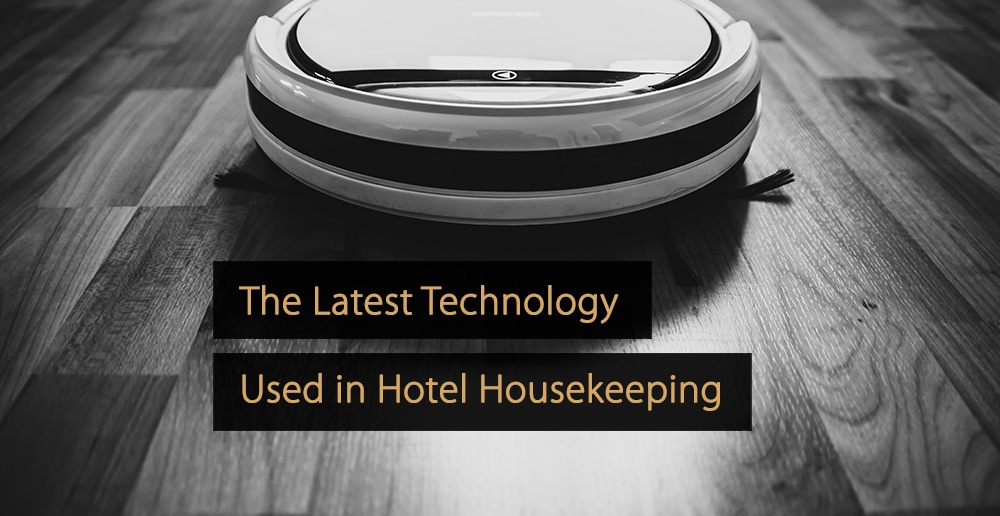
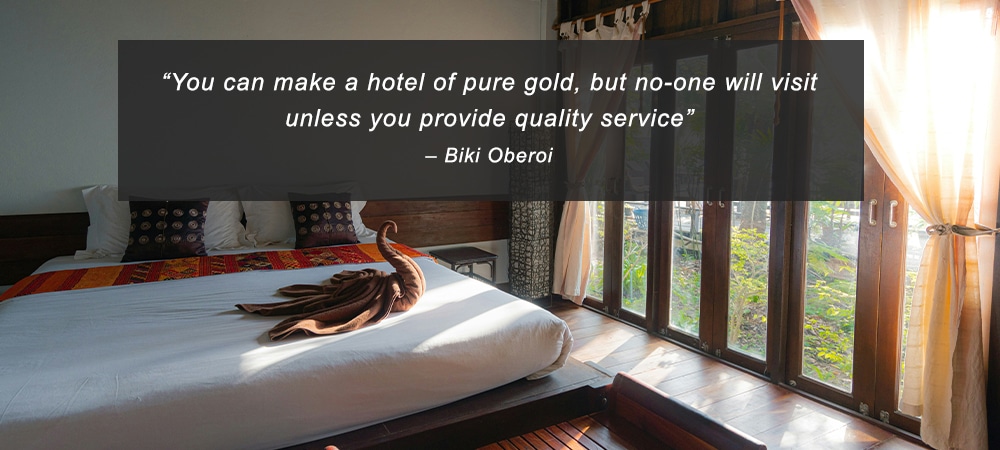
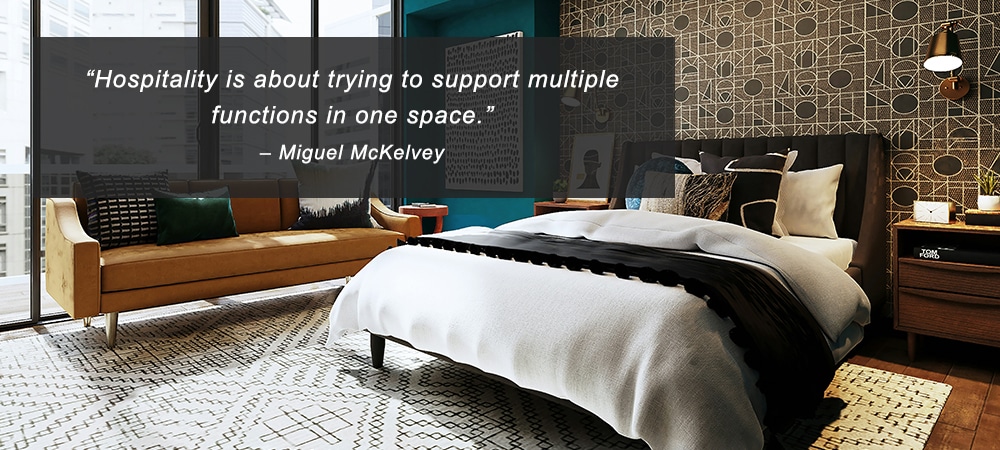





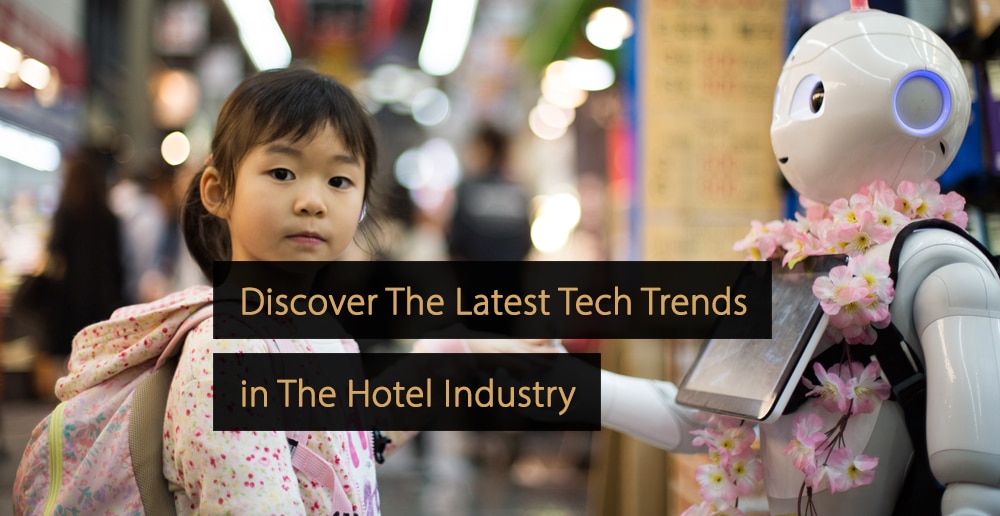
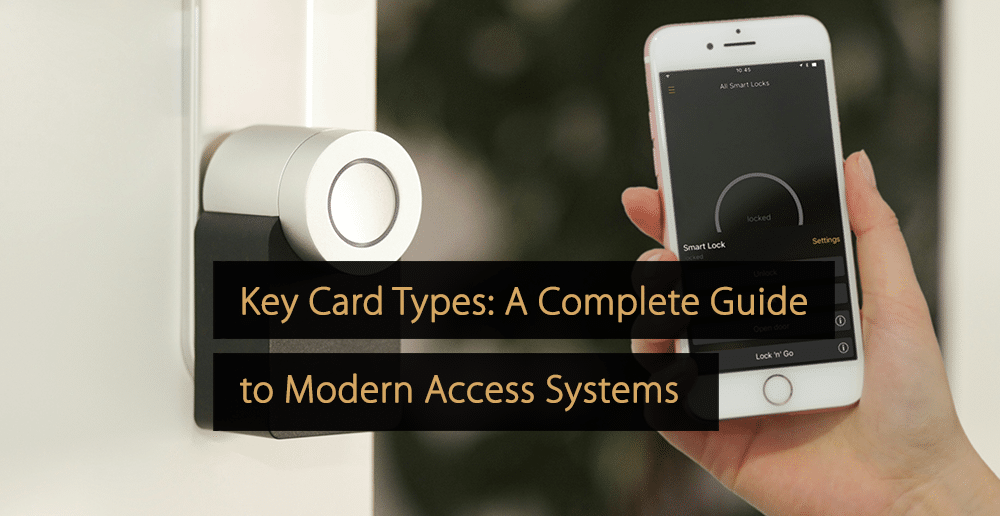
Leave A Comment